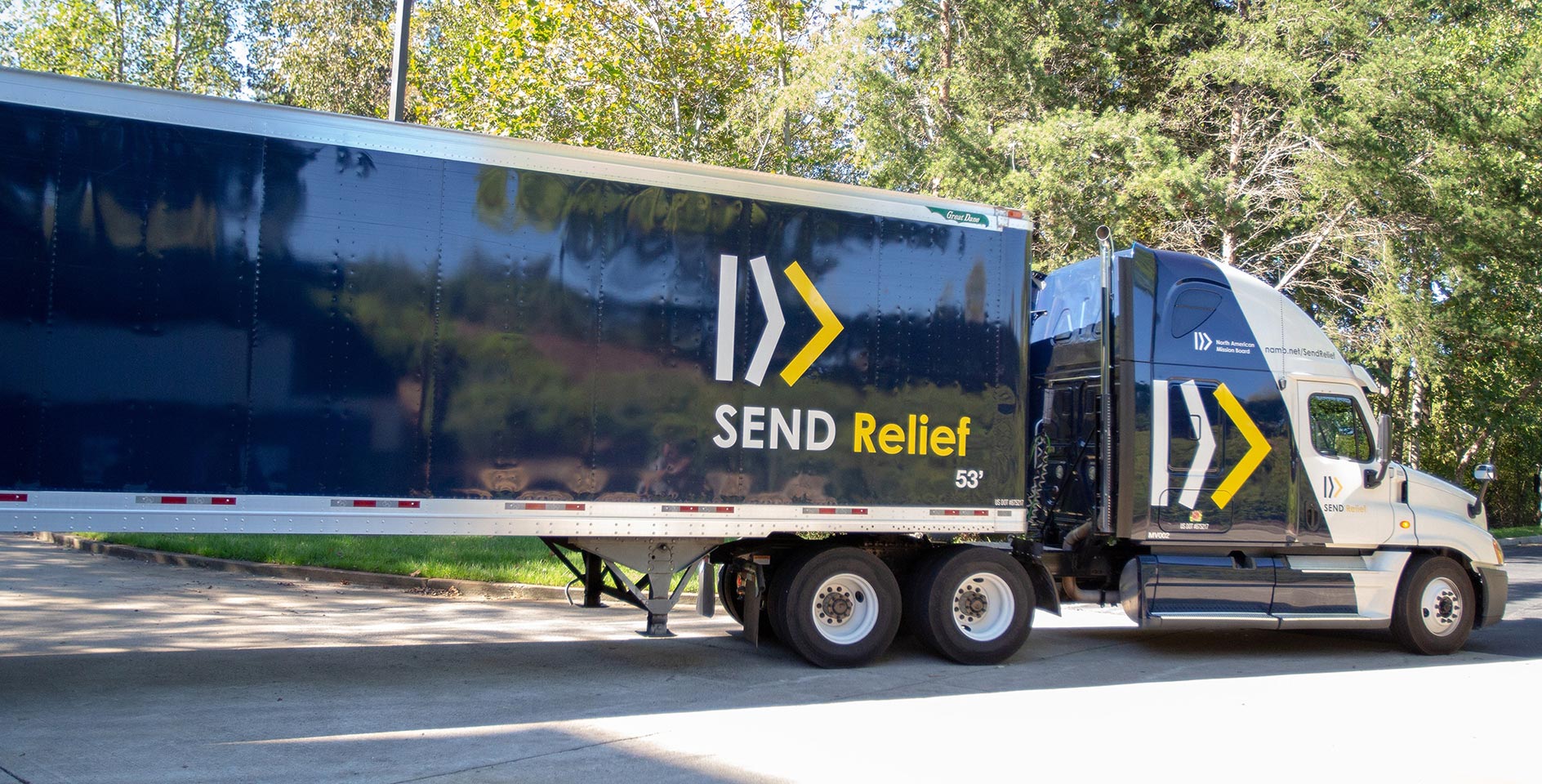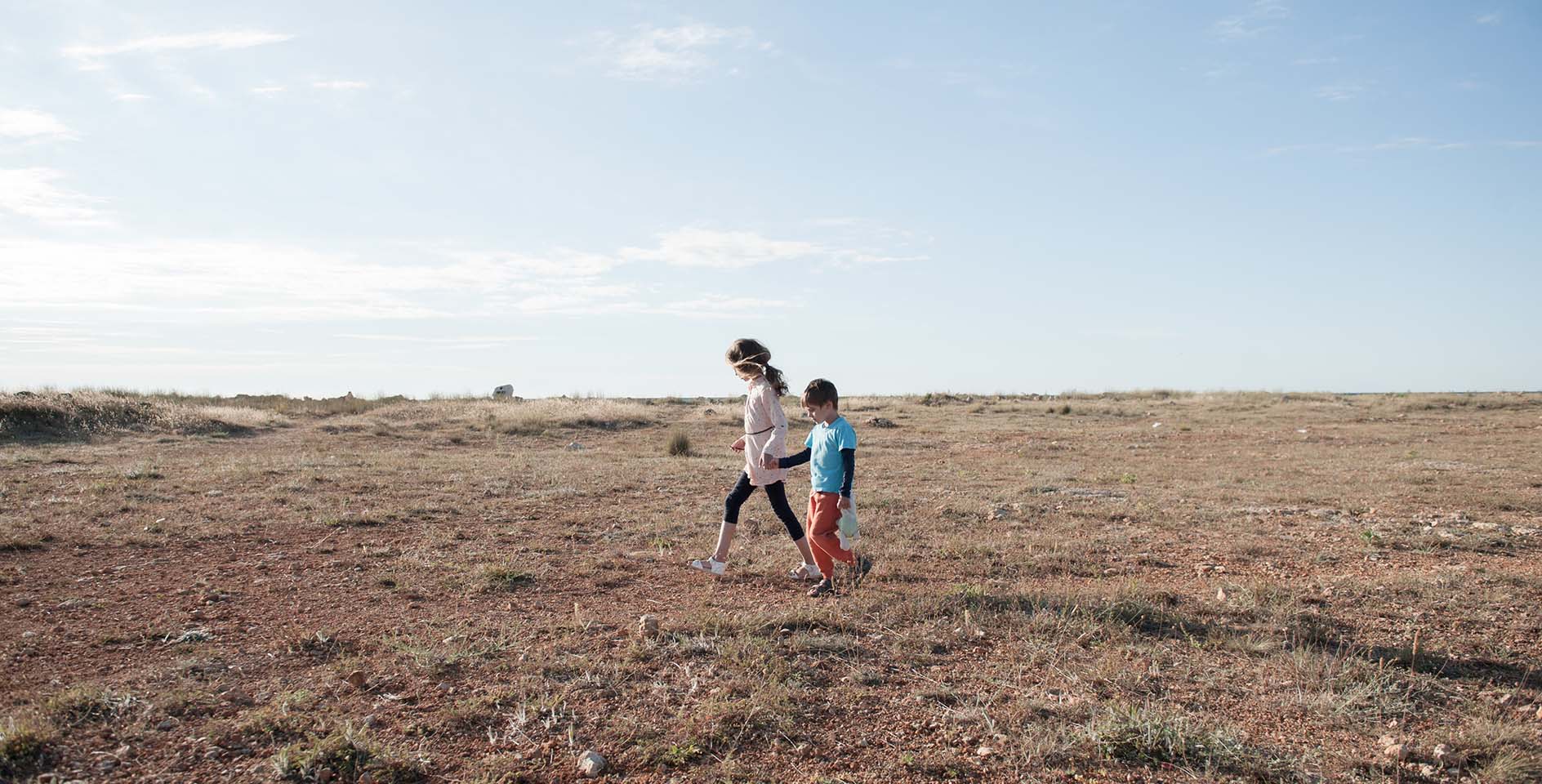Last week, a winter storm struck the American Southwest and Southeast, knocking out power in several states. Hardest hit was Texas, where all 254 counties were under extremely cold temperatures. Because of problems with the power grid, more than 3 million Texans were without electricity. Operators of the state’s power grid said the electrical system was “seconds or minutes” from collapsing and leaving Texans without electricity for months.
Along with the power outages, the state has been having issues with water. Approximately 590 public water systems in 141 Texas counties have reported disruptions in service, affecting 11.8 million people. Nearly 7 million citizens were also under boil-water notices, according to the Texas Commission on Environmental Quality, and over half a million are still under such notices today.
Additionally, disruptions in the food supply chain left many people unable to get food. Grocery store shelves were empty and many people were unable to leave their homes because of snowed over roadways. In an attempt to keep warm, some people attempted to use gas burning stoves, resulting in domestic fires. The Houston Fire Department reported responding to 56 structure fires and over 100 calls related to carbon monoxide poisoning.
Storm-related incidents have to date resulted in about 40 deaths, though authorities say we may never know how many people died as a result of the frigid cold.
Soon after the storm hit, a number of SBC organizations rushed to the aid of Texans. Send Relief, the compassion ministry arm of the North American Mission Board (NAMB), partnered with Feeding America, Southern Baptist of Texas Convention (SBTC) Disaster Relief, and Texas Baptist Men to help meet immediate needs for those affected by the storm.
Food shortages became a serious issue for many people in need, notes Natalie Sarrett. Send Relief provided financial help to Feeding America food banks across Texas so they could resupply and avoid a larger food crisis.
“The help that Send Relief has provided through the food bank donations is assisting people across the most affected cities—it’s way more than a drop in the bucket,” said David Wells of Texas Baptist Men. “All three of our major cities—Dallas, San Antonio and Houston—have people in them who have never even seen snow before, and they’re depending on us and these food banks for help.”
In McKinney, Texas, says Sarrett, workers at a nursing home reached out to SBTC for emergency food rations. The state’s Disaster Relief was able to mobilize a food truck team to provide meals to residents and caretakers. Following this project, the city of McKinney also asked for them to serve first responders.
“They were so busy responding that they had skipped or were unable to obtain meals,” said Director of Disaster Relief Scottie Stice. “We appreciate the partnership with Send Relief and all our fellow state coordinators who have reached out to offer support and prayer—it is an incredibly difficult situation, and we would not be able to do this without you.”





